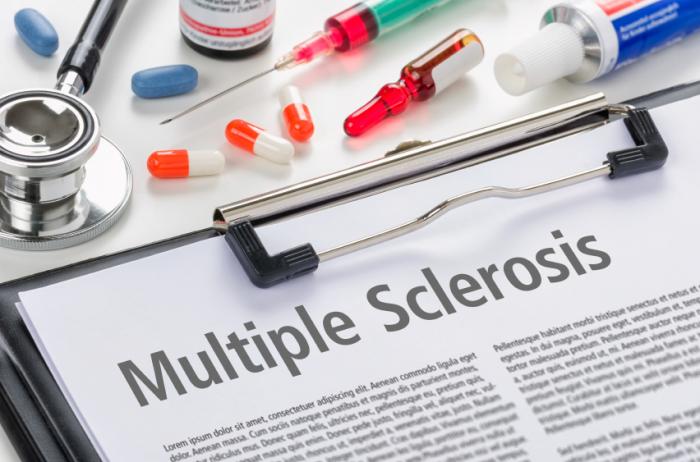A drug that treats relapsing-remitting multiple sclerosis – a form of multiple sclerosis that accounts for around 85 percent of people with the condition – has been revealed to reverse some of the damage caused by the disease. This revelation may have implications for future therapeutic strategies for people with the neurological disease.
Multiple sclerosis (MS) is estimated to affect 2.3 million individuals worldwide. The majority of people with MS are initially diagnosed with relapsing-remitting MS (RRMS), which is characterized by temporary periods called relapses, flare-ups, or exacerbations as new symptoms emerge.
According to new research published in Neurology, a drug recommended for the treatment of RRMS – alemtuzumab – may improve some of the physical disability associated with the disease.
Alemtuzumab is a disease-modifying drug (DMD). DMDs are a group of treatments for people with RRMS, which reduce the number of relapses individuals experience, as well as reducing the severity of relapses.
Alemtuzumab kills certain types of cells – T and B cells – made by the immune system. The function of T and B cells is to attack viruses and bacteria in the body. However, in MS, these cells attack the covering around the nerves in the brain and spinal cord called myelin. Alemtuzumab prevents T and B cells entering the brain and spinal cord, thus stopping them damaging the nerves.
While many DMD therapies carry significant health risks, compared with other MS drugs, the risk of side effects from alemtuzumab is among the highest and most severe. As a consequence of the high risks, alemtuzumab is often reserved for use in people who have not responded well to other MS drugs. However, in this study, the drug was used relatively early in the course of MS.
“While many MS drugs slow the progress of disability, there have been little data about the ability of current treatments to help restore function previously lost to MS,” says study author Dr. Gavin Giovannoni, Ph.D., of Queen Mary University of London in the United Kingdom.
Researchers enrolled participants with RRMS who had not responded well to one or more MS drugs and divided them into two groups. The first group of 426 people was treated with alemtuzumab, while the second group of 202 people was treated with the drug interferon beta-1a. Beta interferons reduce and may prevent the inflammation that damages nerves in MS.
Participants’ level of disability was assessed at the start of the study and then again every 3 months for a duration of 2 years.
Alemtuzumab group had significantly improved thinking skills, movement
By the end of the investigation, the researchers found that almost 28 percent of participants receiving alemtuzumab had improved on a disability test by at least one point on a scale of 0-10, compared with 15 percent of interferon beta-1a participants.
In comparison to people receiving interferon beta-1a, individuals receiving alemtuzumab were shown to be 2 ½ times more likely to improve on scores of thinking skills. Alemtuzumab participants were also found to be more than twice as likely to see an improvement in ataxia – a group of disorders that affect coordination, balance, and speech – allowing them to improve their ability to move without tremor or clumsy movements.
Results were adjusted to ensure improvements were not as a result of participants recovering from recent relapses.
Dr. Bibiana Bielekova, of the National Institute of Neurological Disorders and Stroke in Bethesda, MD, and fellow of the American Academy of Neurology, wrote a corresponding editorial on the research.
“These results are encouraging, but exactly how alemtuzumab may reverse damage, whether it’s through repairing myelin, creating new nerve synapses, greatly reducing inflammation or some other mechanism, is yet to be investigated.”
Dr. Bibiana Bielekova
“Longer studies are also needed to see how many people experience, or do not experience, improvement in disability over longer periods of time,” she adds.
Dr. Giovannoni concludes by saying that the benefits of alemtuzumab need to be considered along with the harms of using the drug, which include the risk of serious and rarely fatal autoimmune problems, as well as infusion reactions.
Multiple sclerosis drug could reverse physical symptoms (medicalnewstoday.com)

